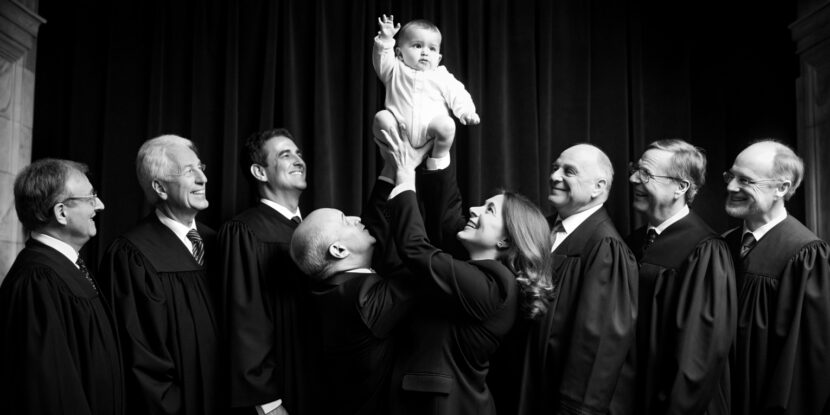In late April, the United States Supreme Court heard oral arguments regarding former President Donald Trump’s assertion of presidential immunity against prosecution for official acts. The United States Court of Appeals for the District of Columbia Circuit ruled against Trump’s broad immunity claim in early February of this year, prompting the appeal to the Supreme Court.
For several hours on April 25, the Supreme Court justices peppered former President Trump‘s attorney, John Sauer, and the Biden Department of Justice (DOJ) attorney, Michael Dreeben — representing special counsel Jack Smith — with questions about the scope of presidential immunity. While it does not appear that the justices believe there are merits to an unlimited scope regarding immunity, they did seem to signal an openness to revising the appellate court’s decision. The February appellate decision essentially eliminated any claim to immunity.
GOOD SIGNS FOR TRUMP.
Several justices, including Brett Kavanaugh, Neil Gorsuch, and Samuel Alito, may have laid the groundwork for a ruling at least partly in favor of Trump. The three justices stressed they were less concerned with the current lawfare campaign against Trump and instead were looking to the future implications of the appellate court decision. “I’m not as concerned about the here and now, I’m more concerned about the future,” Kavanaugh said.
“If an incumbent who loses a very close, hotly contested election, knows that a real possibility after leaving office is not that the president is going to be able to go off into a peaceful retirement, but that the president may be criminally prosecuted by a bitter political opponent, will that not lead us into a cycle that destabilizes the functioning of our country as a democracy?” Alito asked.
ROBERTS RIPS APPELLATE COURT.
Chief Justice John Roberts, usually one of the more cautious jurists on the high court, slammed the appellate court decision. He argued their ruling engaged in nonsensical “circular logic,” noting it essentially argues “a former president can be prosecuted because he’s being prosecuted.” The Chief Justice threatened to send the decision back to the lower court with the simple instruction that their ruling does not reflect the law.
‘SPLITTING THE BABY.’
The path of questioning suggests the Supreme Court will likely rule in a way that legal scholars had termed “splitting the baby.”
In essence, they won’t accept Trump‘s broad immunity claim nor the narrow claim argued by the Biden government. Instead, they may seek to define guide rails for federal prosecutors, especially when it pertains to what constitutes the president’s “official acts.”
If the high court does “split the baby,” it will likely delay both the Washington, D.C. prosecution of Trump for allegedly obstructing an official proceeding on January 6, 2021, and Fulton County District Attorney Fani Willis‘s RICO prosecution of Trump for allegedly attempting to overturn Georgia’s 2020 presidential results. The ruling could also impact the Mar-a-Lago classified documents prosecution, delaying it further too.


